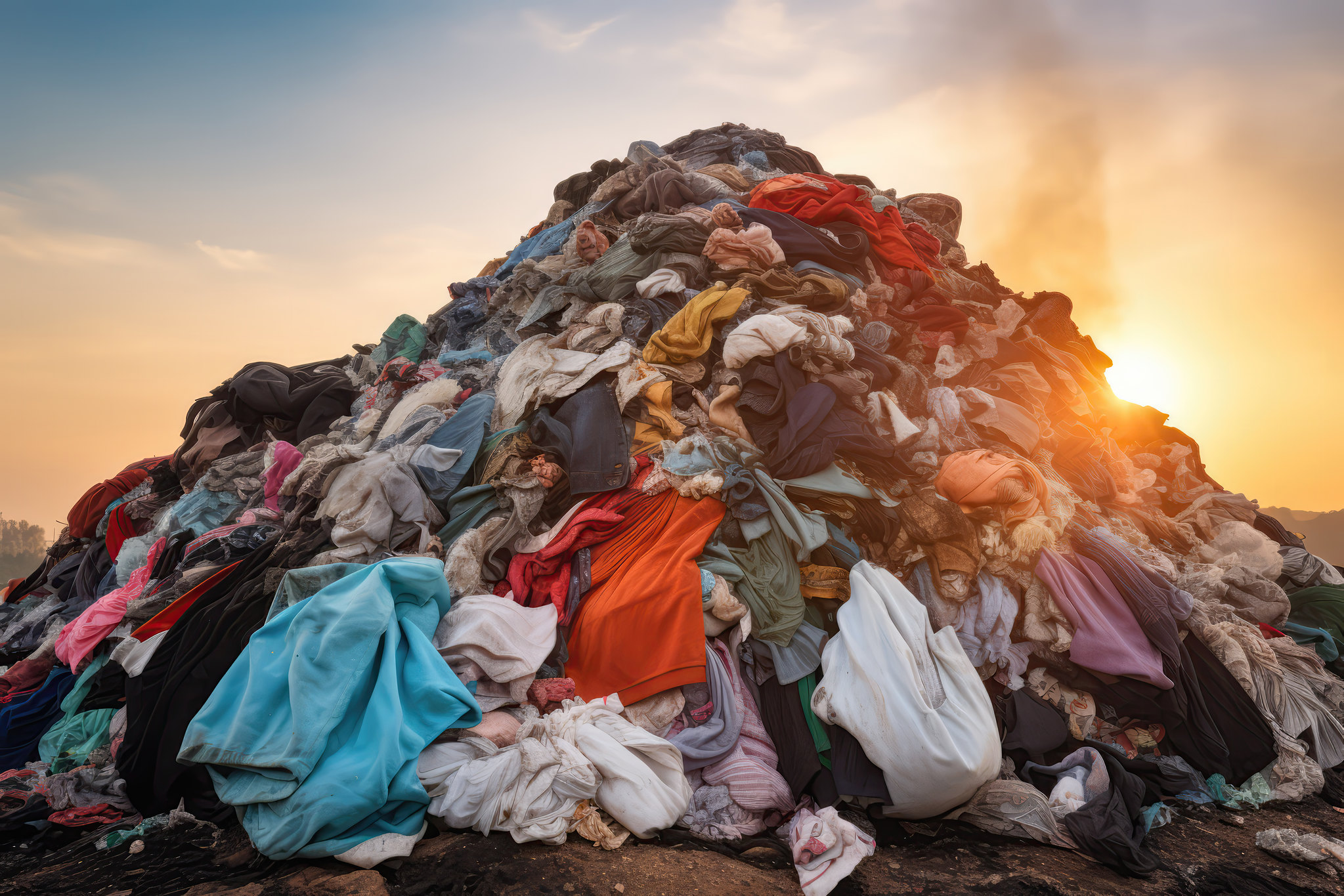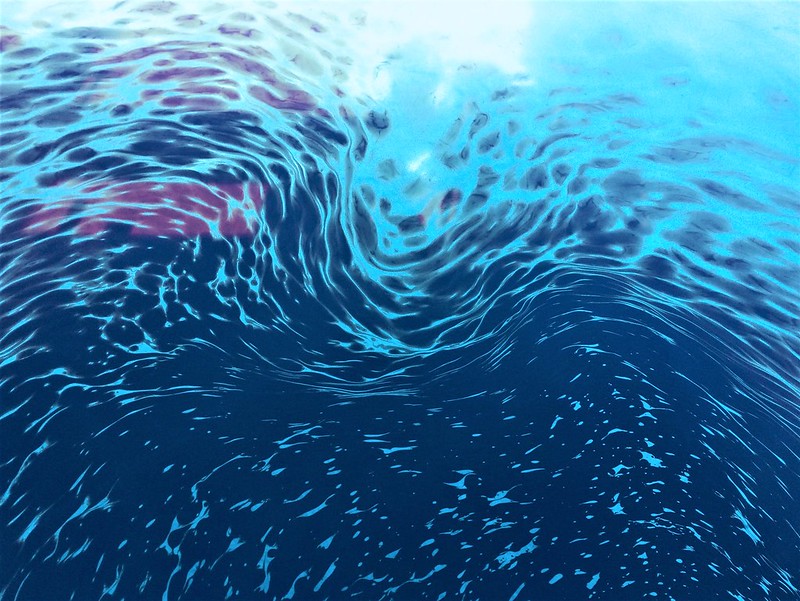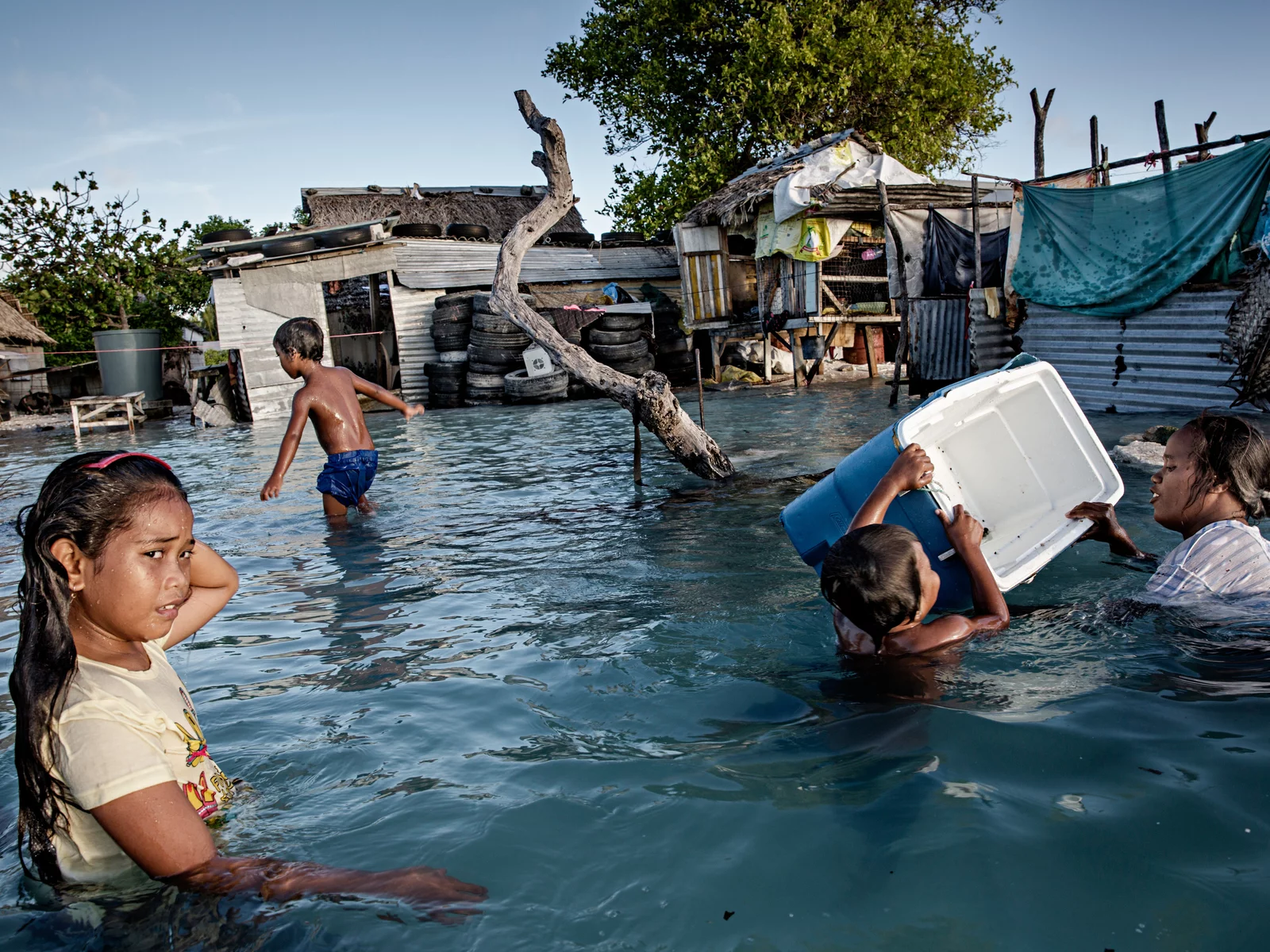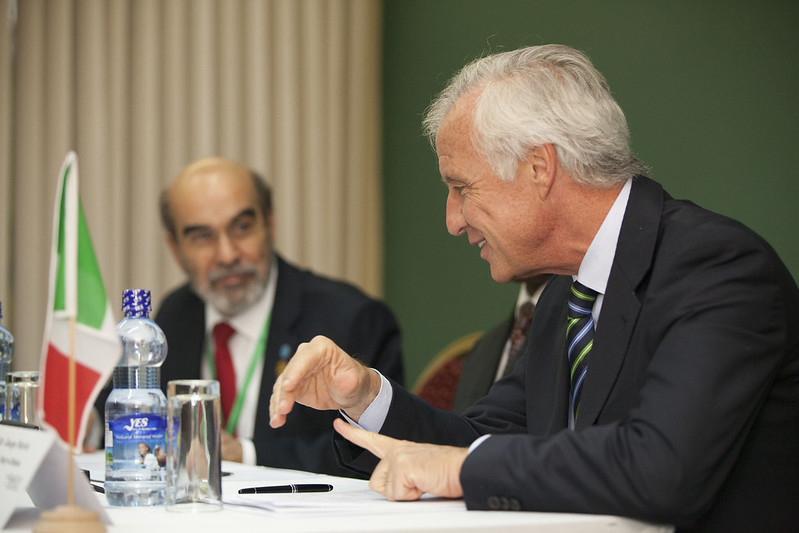The Case for Genocide: South Africa’s Claim Against Israel
This article contains descriptions of significant violence that may be challenging to analyze due to the sensitive nature of the subject matter and each individual’s unique identities and experiences. Violence against any individual or group is unequivocally wrong, and nothing in this article should be construed as promoting or condoning such behavior. The ongoing conflict … Read more











